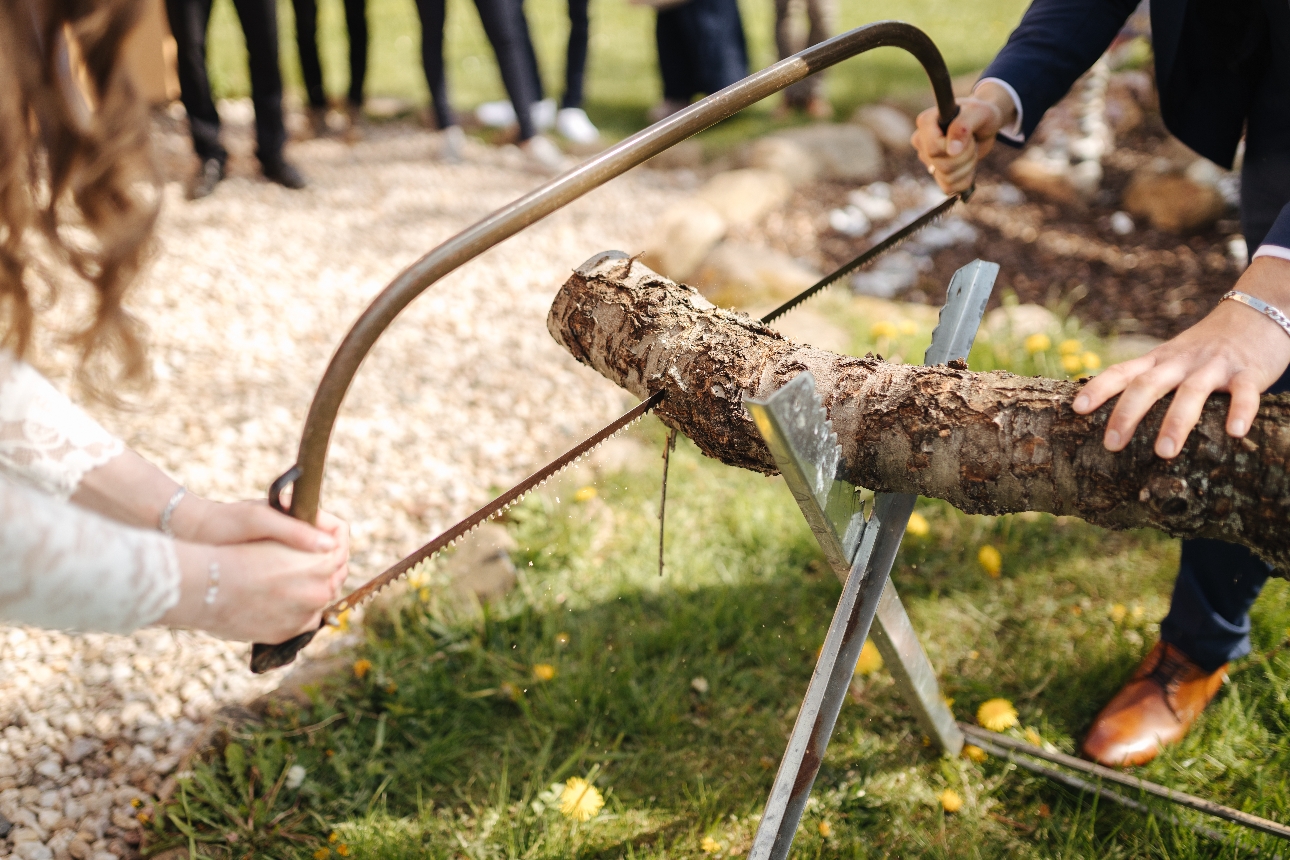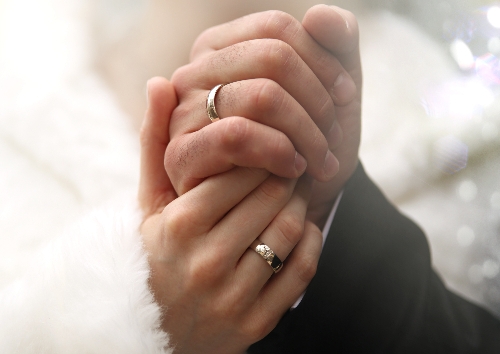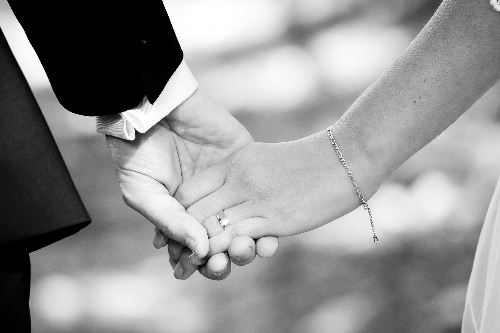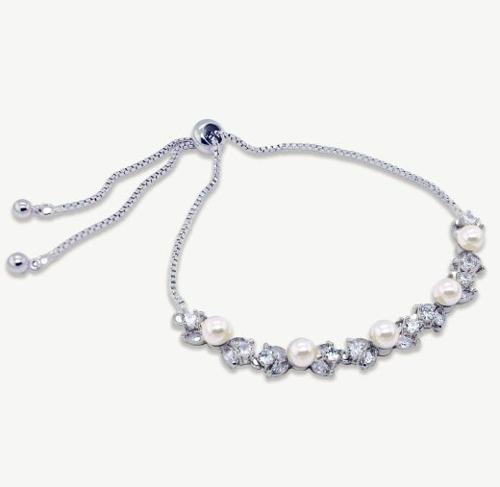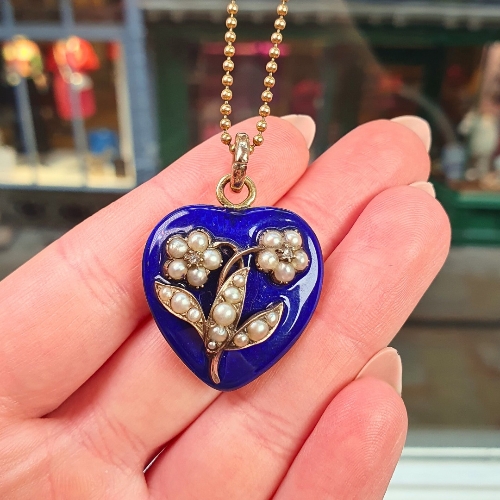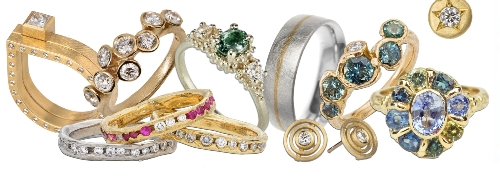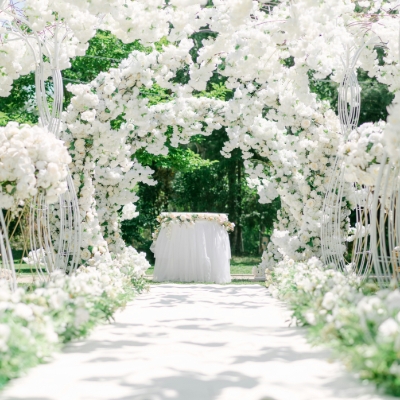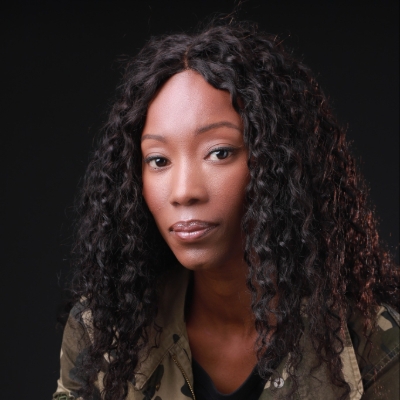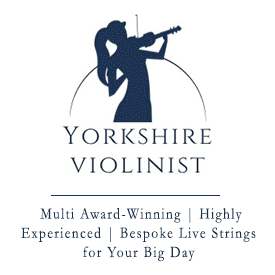The Instagram Effect on Wedding Venues: How Social Media Is Reshaping the Industry
In an era where a single photograph can reach millions of viewers within hours, wedding venues are experiencing a seismic shift in how they attract couples and showcase their spaces. Instagram has evolved from a simple photo-sharing app into the most powerful marketing tool the wedding industry has ever seen and it's fundamentally changing what couples look for in a venue. We spoke with Nick from Country House Weddings to explore how social media, particularly Instagram and TikTok is reshaping venue selection, design, and the entire wedding experience.

